Surprising Things Your State Taxes

Politicians love to cut taxes. But the money to keep our parks green, our streets safe, and our children educated — not to mention to pay those elected leaders — has to come from somewhere. So state lawmakers get crafty and impose hidden taxes, fees, and levies on all sorts of goods and services. Check the fine print on your next bill and see if you’re paying one of these unusual state taxes.
Related: Strange But True Tax Laws From All 50 States
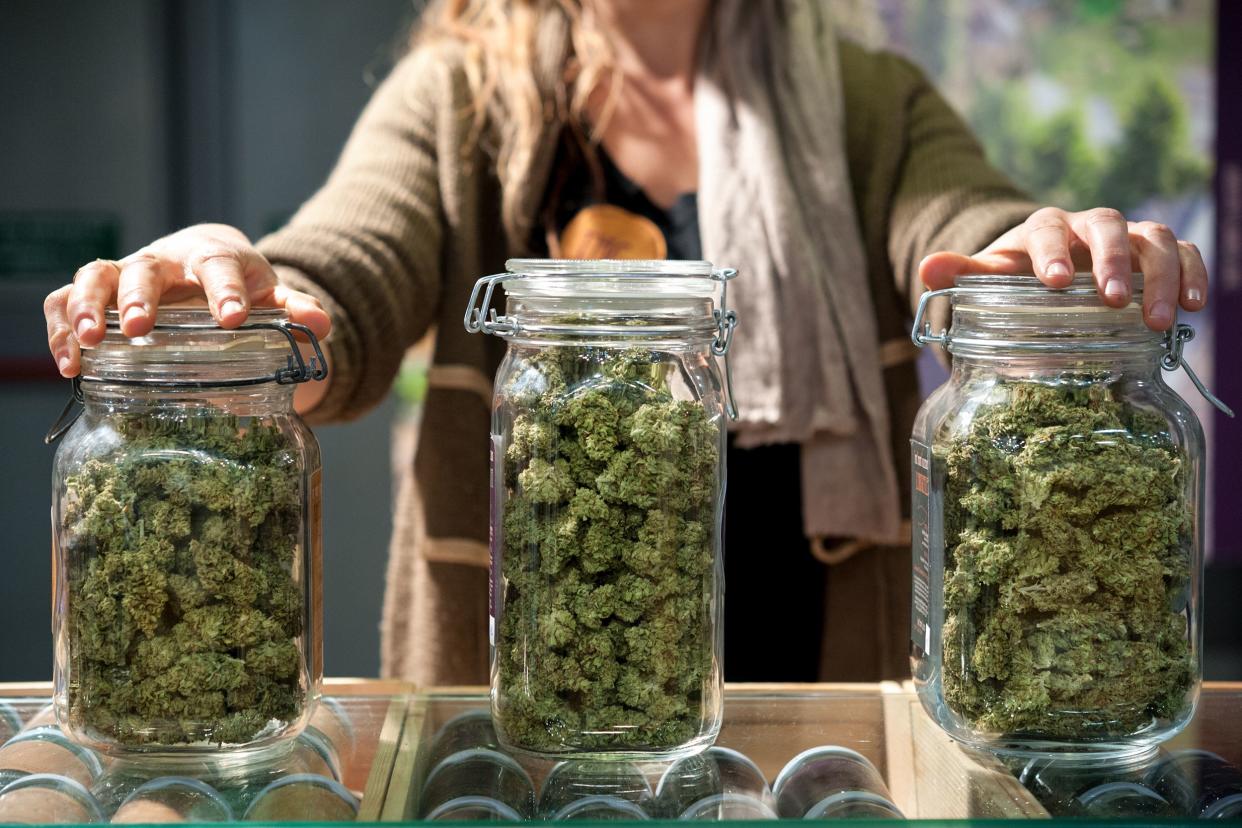
Medical marijuana is legal in Alabama, though recreational use is still banned. Even before medical pot was legalized, however, the state had a statute on the books to tax marijuana and other illegal drugs. According to the Code of Alabama, each gram of marijuana is subject to a $3.50 tax and must carry the official state tax stamp.
Related: Valuable Tax Breaks for Seniors

Planning a cruise to gawk at the glaciers and wildlife of Alaska? If the boat you’re traveling on is big enough to quality and spends 72 hours or more traveling through state waters, each person is subject to a $46 excise tax.
Related: Tax Law Changes You Need to Know About Before Filing Your Taxes in 2021

The state levies a tax on food sold at restaurants, but most grocery items (food intended to be consumed at home, as the statute describes it) are tax-free. There are some exceptions, however, including prepared sandwiches, pet food, alcohol, and soap.

The Diamond State taxes levies a 6.5% gross receipts sales tax — a levy on the business providing the service — on a wide range of services. That includes things like lawn care, pet grooming, and tattoo parlors.
Related: How Much People Spend on Tattoos and Other Amazing Facts About Ink in America
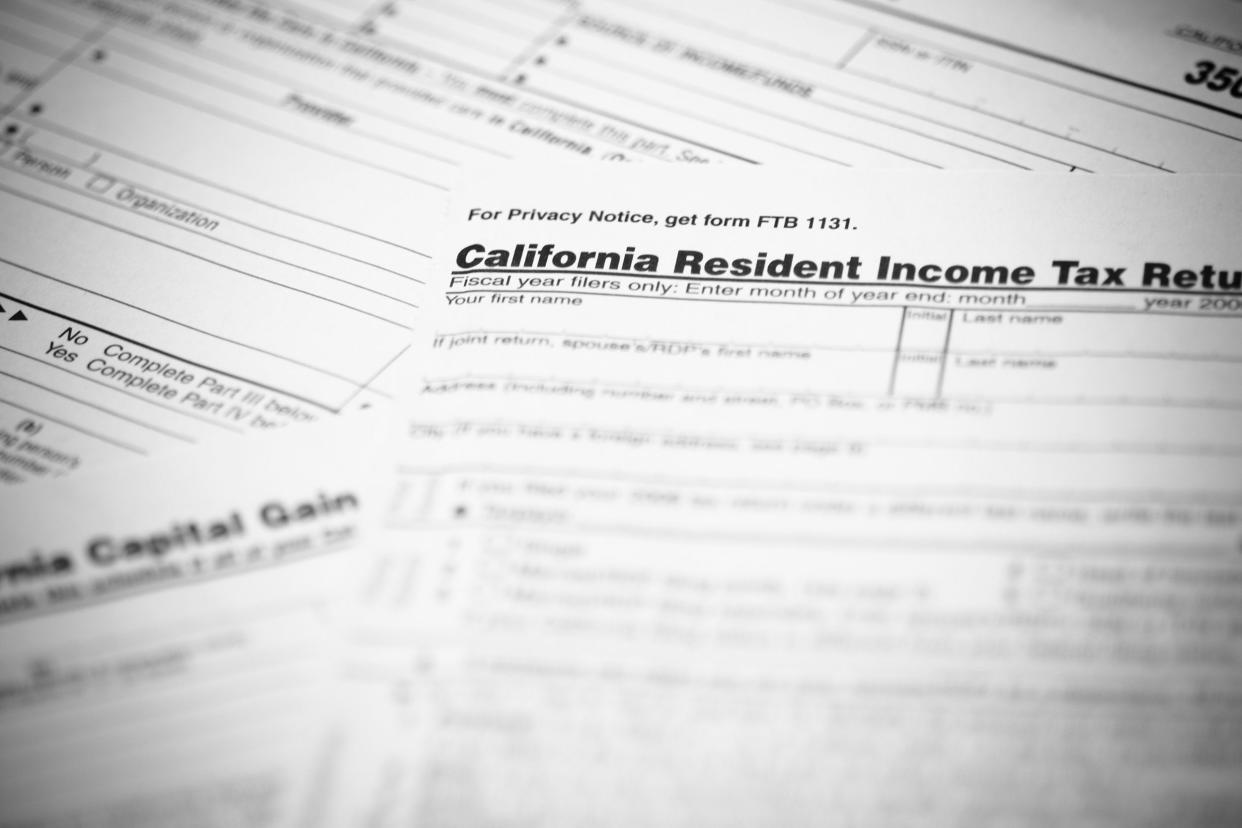
Of the 43 states that impose some sort of income tax on its residents, California’s top rate of 12.3% is the highest. That state imposes a 1% surcharge on incomes of $1 million or more, making the rate 13.3%. Ka-ching!
Related: What You'd Be Paying in Taxes in Other Countries

Sure, you need a cup to hold that coffee you just bought, but do you really need that lid, too? Not in the state of Colorado’s opinion. According to state law, “nonessential food items and packaging provided with purchased food and beverage items” are subject to a 2.9% tax, a portion of which percolates down to that extra tall latte to go.

Paper or plastic? Think twice: The state imposes a per-bag tax of 10 cents on any single-use plastic bag “provided by a store to a customer at the point of sale.” That reusable plastic shopping bag, on the other hand? It’s tax-free, as are paper bags and dry-cleaning plastic bags.
Related: 11 Situations Where It's Probably a Bad Idea to Do Your Own Taxes
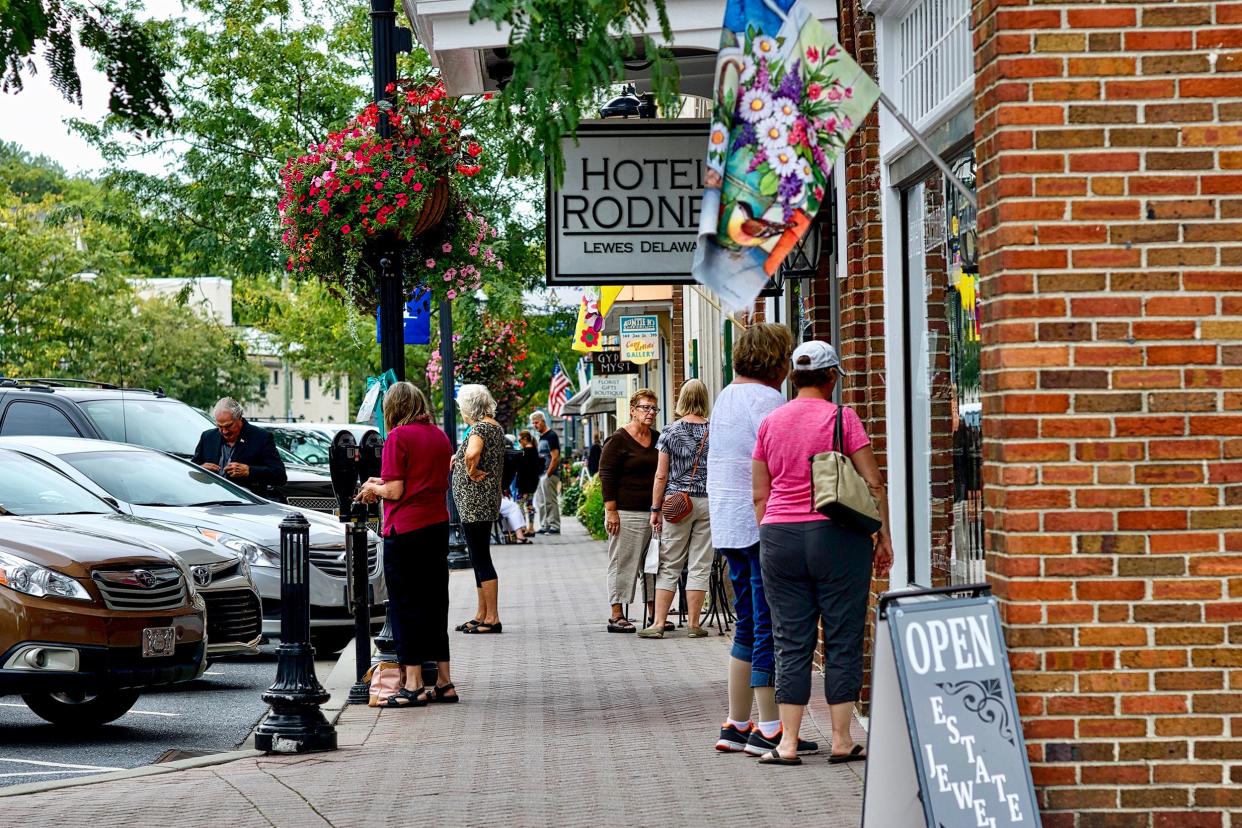
With no state sales tax or property tax, and a low corporate income tax rate, the Constitution State is perhaps best known as being a tax haven for corporations. Companies can be officially based in Delaware, yet avoid the state sales tax if they do most of their business out of state (nice, eh?), according to Investopedia.
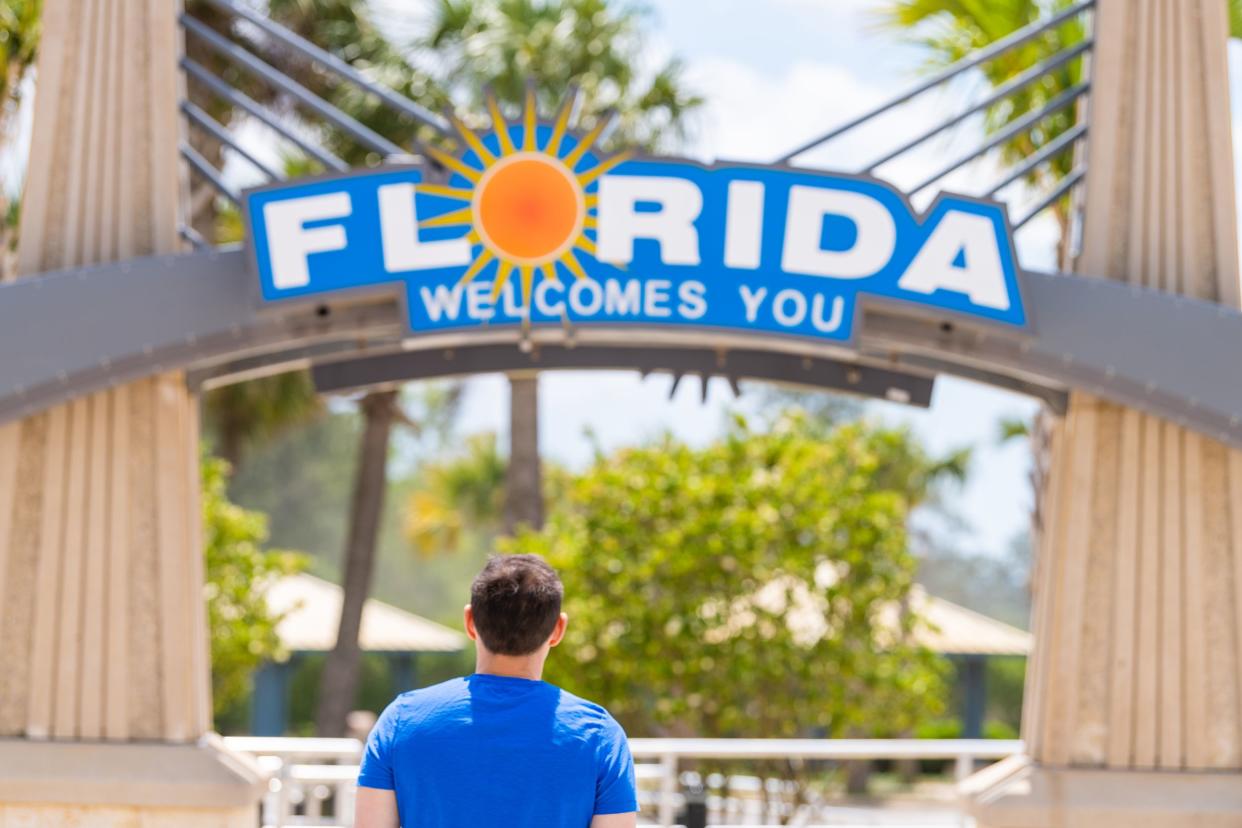
Is it any wonder that the Sunshine State, with its beaches, theme parks, and warm weather, sees tourism as a steady source of taxable revenue? The state levies a 6% sales tax on hotel rooms, and local counties can levy an additional 2% to 6% tax. In addition, counties can (and do) tax sports and convention facilities, rental cars, even impose a “high impact tourism tax” of 1%, as Broward and Orange Counties do.
Related: Why Billionaires Pay Less Tax Than You

Think twice before selling wood in Georgia. In the state timber is taxed — but only once, at the time of harvest or sale at 100% of its fair market value. What qualifies? Softwood and hardwood, pulpwood, chip-and-saw logs, saw timber, poles, posts and fuel wood.
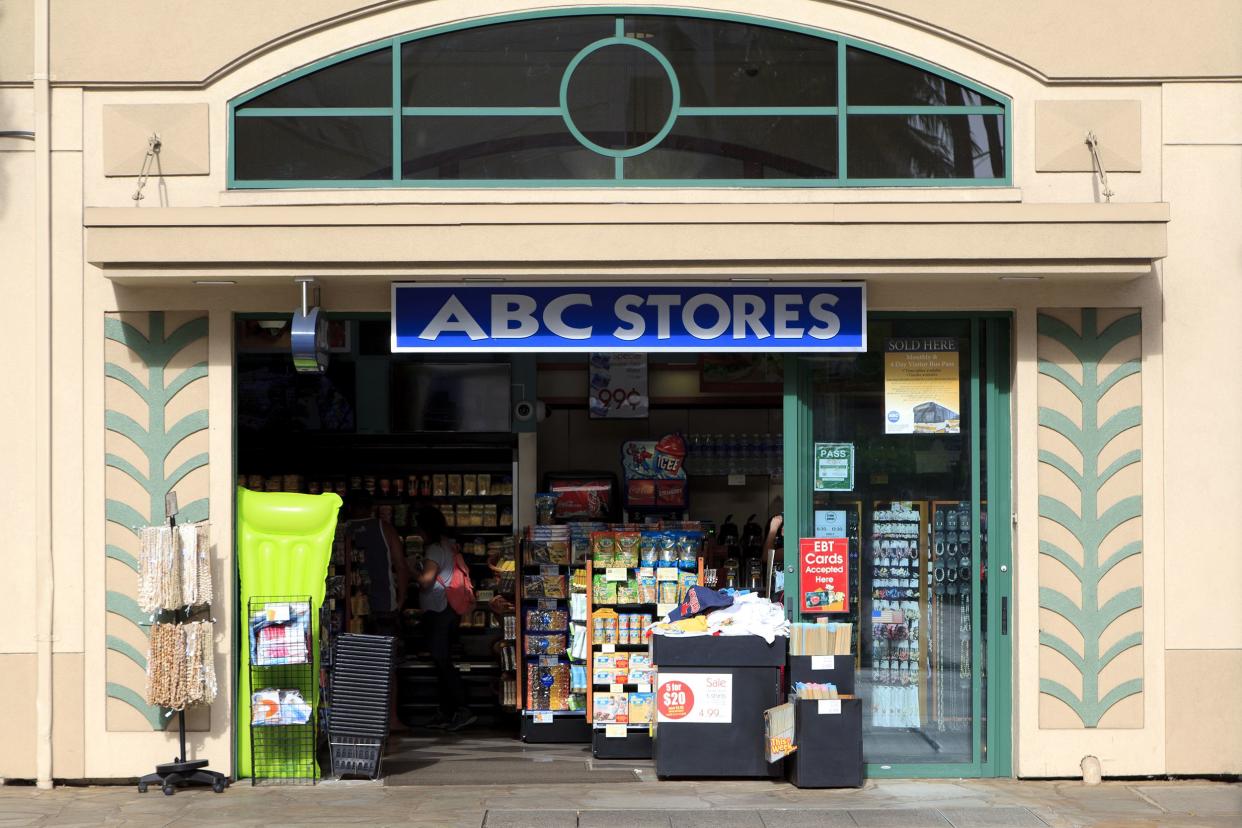
Hawaii doesn’t have a sales tax, per se, but it does impose a general excise and use tax on businesses. Most of the time, the cost gets passed along to customers in the form of higher prices. Unlike some states, groceries are not exempted from this tax, not even candy or soda.
Related: Strange Taxes Around the World That We Don't Have Here
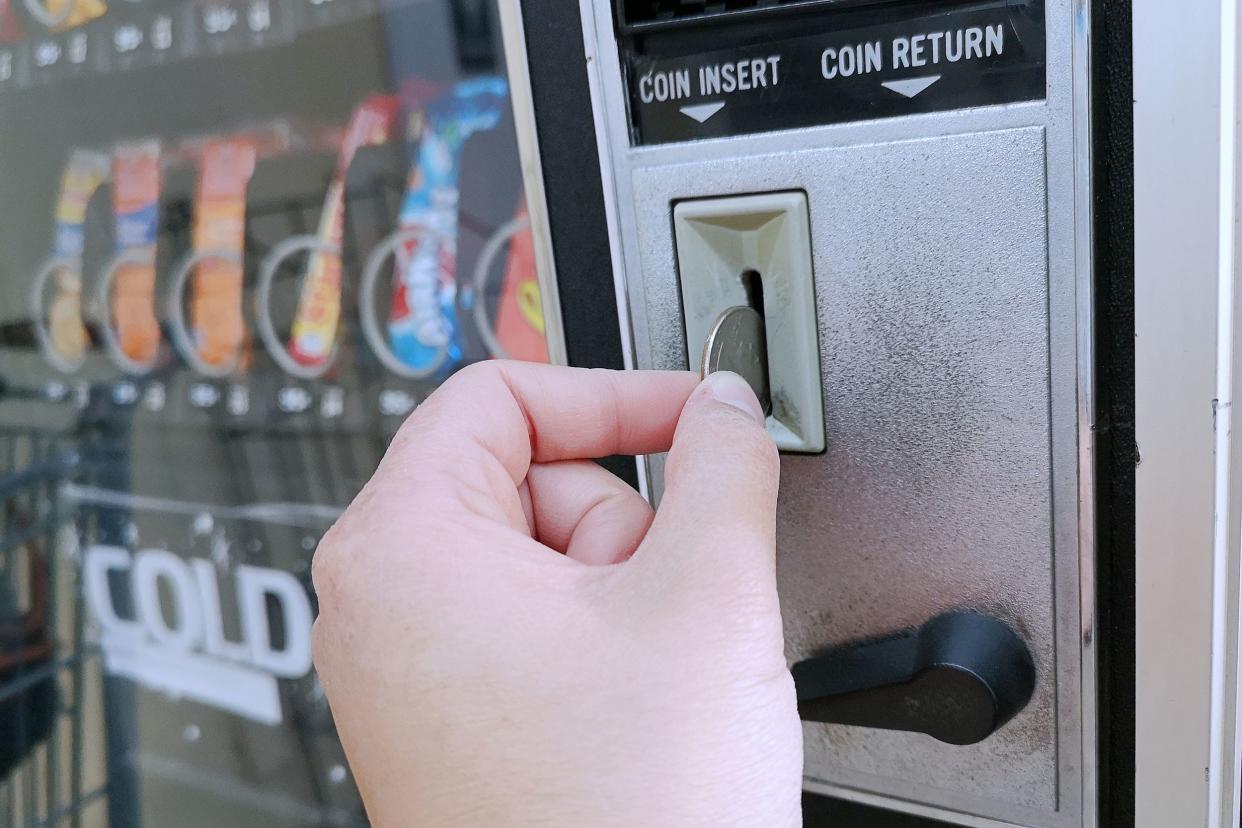
Vending machine operators must pay sales tax of 6% on all food and beverages they sell. On the other hand, they are exempt from paying sales tax on the goods they buy from wholesalers to stock their vending machines.

Glance at your phone bill and you’re sure to see a long list of surcharges, but no state can beat Illinois for the taxes imposed. Its residents pay on average $331 in state and local taxes on their cellphone bills each year, according to the nonpartisan Tax Foundation. Chicago residents pay the most in the state: more than $500 per year for a family of four.
Related: Strange But True Tax Laws From All 50 States

In the Hoosier State, cities and counties have the option of imposing a food-and-beverage tax on establishments that prepare and serve food on their premises, including restaurants, cafes, even grocery store delis. The statute also allows for the tax to be levied on “marketplace facilitators” that connect buyers and sellers, such as delivery services like Doordash.

Surviving spouses and children do not have to pay state tax on estates. But if you’re an Iowa resident and your sibling, son- or daughter-in-law remembers you in their will — and the value is more than $12,500 — you’ll owe tax on your inheritance of between 5% and 15%. Similar rules apply for inheritances from aunts and uncles, cousins, and siblings-in-law. But all of this is being phased out by 2025.
Related: Places Where the Rich Hide Their Money From the IRS
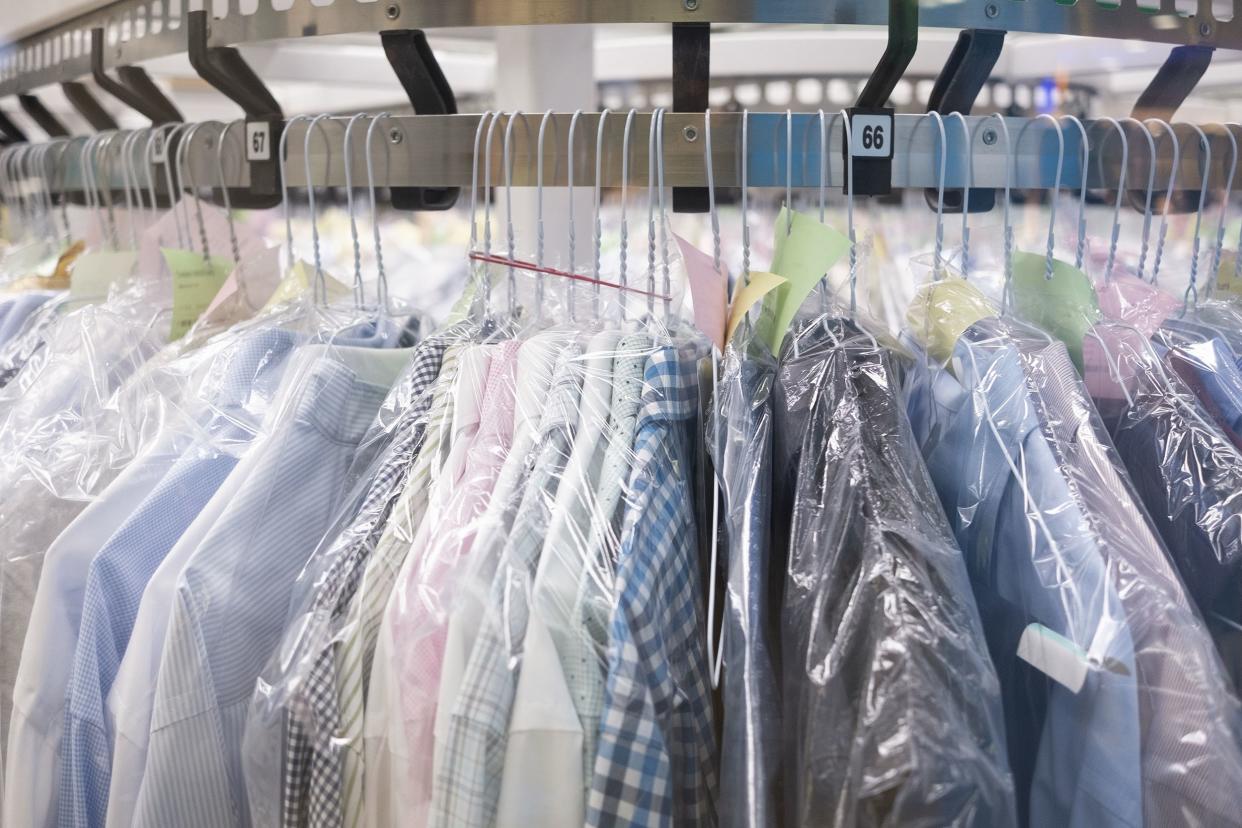
In addition to the state sales tax of 6.5% and any local sales taxes, dry cleaners and laundries are subject to a 2.5% environmental surcharge. That usually trickles down to the customer in the form of higher prices.
Related: Is Your Tax Bill Too High? Ways to Save

Horses and horse racing are synonymous with the Bluegrass State. Kentucky’s Thoroughbred Breeders' Incentive Fund receives revenue from a 6% state sales tax on thoroughbred stud fees. The fund, in turn, dispenses cash awards to breeders.

In the self-proclaimed Sportsman’s Paradise of America, boats are everywhere. The state imposes its sales tax of 4.45% on boat sales, but buyers should also budget for municipal, school board, and parish levies as well. The tax ends June 30, 2025.

It’s fairly common for a state to impose a tax on whatever the dominant industries happen to be. In Maine, the land of the wild blueberry, the state imposes a tax of $1.50 per 100 pounds of blueberries harvested.
Related: Big Celebrities Who've Had Tax Trouble

No, you won’t have to pay a tax just for visiting the Old Line State. But if you’re a freelancer living out of state (say, next door in Washington, D.C., or Virginia) and you land a gig in Maryland, your earnings will be subject to a 2.25% nonresident income tax.
Related: Things Self-Employed Taxpayers Can Write Off for Savings
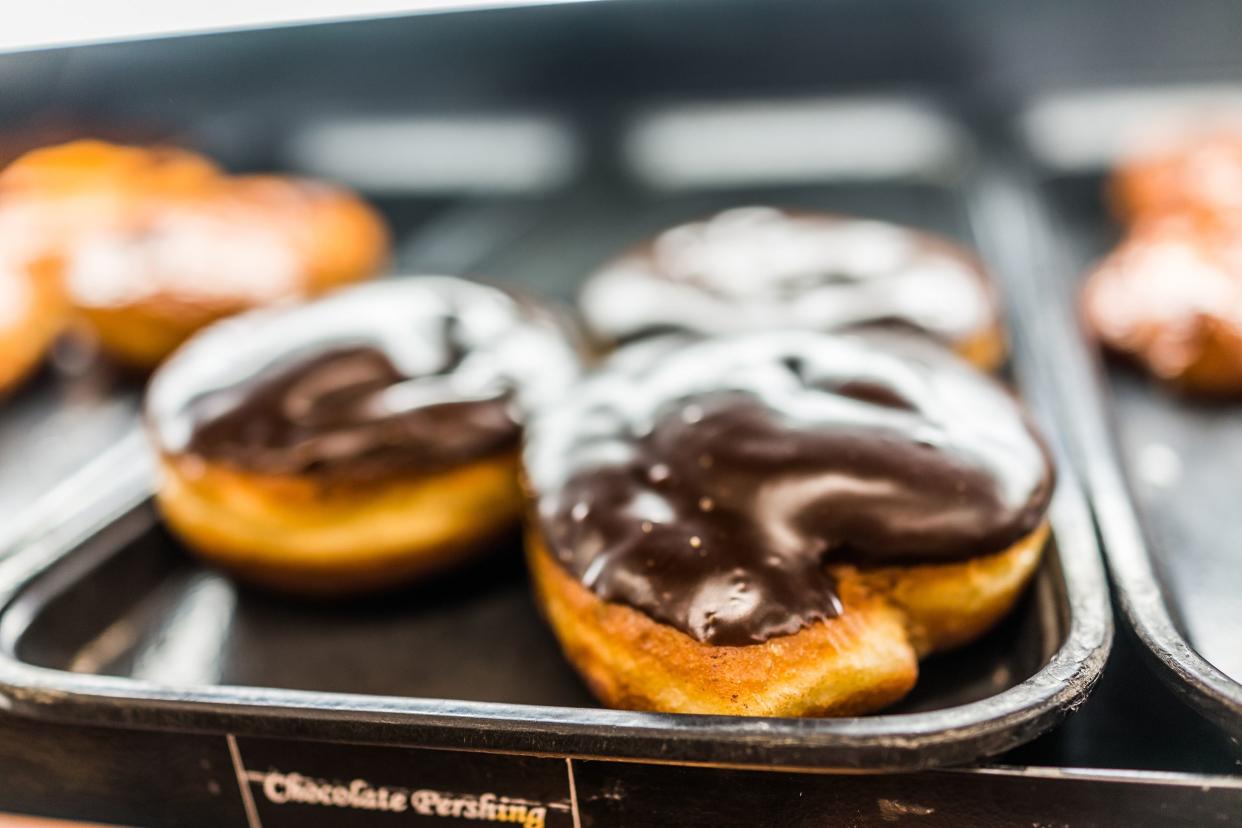
The state’s 6.25% sales tax applies to nearly every food purveyor imaginable: restaurants, bars, coffee shops, delis and bakeries, and so on. So you’ll pay tax on that baked good to accompany your morning coffee. But if you buy a half-dozen or more of those same baked goods, you’re exempt. (Maybe you should bring some doughnuts for the office?)

No, the state’s “severance tax” doesn’t apply to layoffs. It’s a levy on oil and natural gas that’s extracted from Michigan land. Natural gas is taxed at 5% of gross market value, oil at 6.6%. Oil wells are also subject to the tax.
Related: Where Your Federal Income Tax Money Really Goes
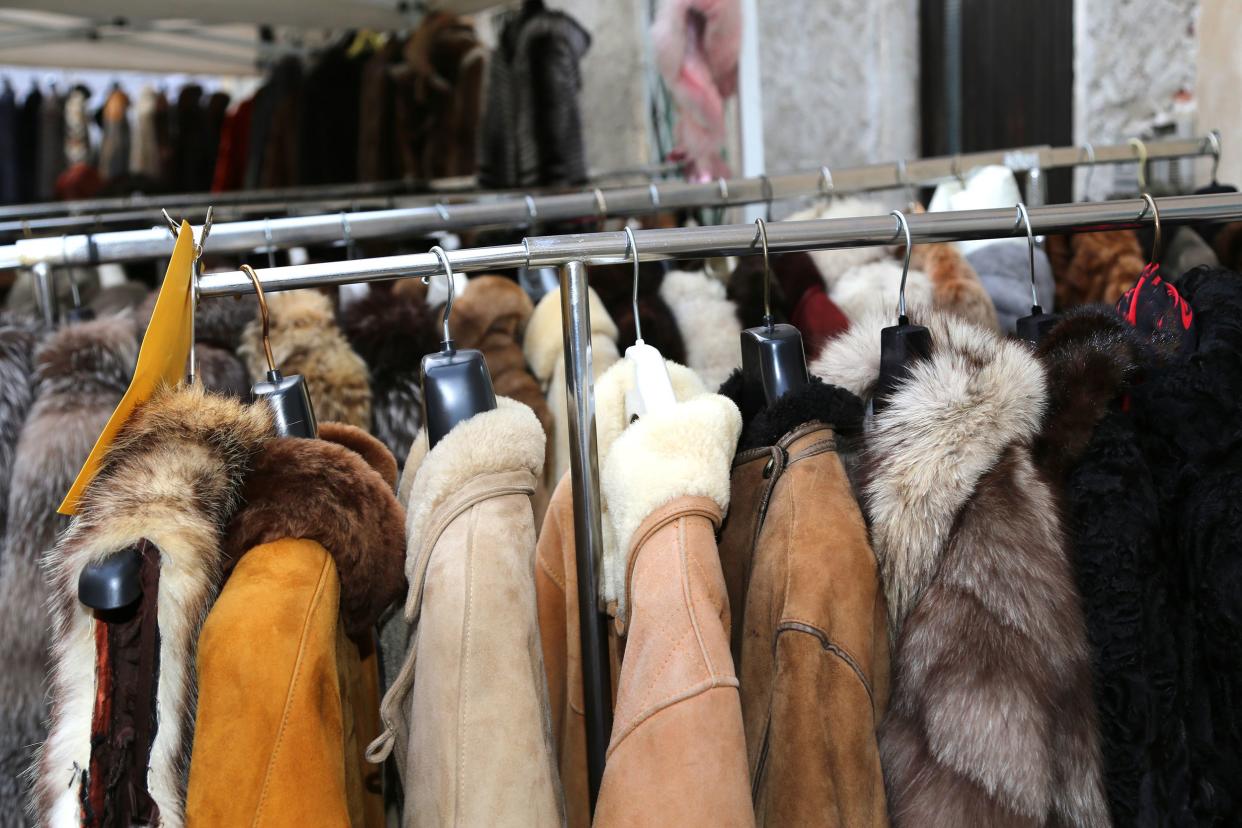
Most clothing items are tax-exempt in the Land of 10,000 Lakes, but garments made with real fur are subject to the state sales tax of 6.875%. The tax applies to fur coats bought online, as well. Fake fur, however, isn't taxed.

In Biloxi, Tunica, and other Mississippi cities, gambling is legal. And if you should happen to hit the jackpot, just remember that the casino will withhold 3% in “income tax” on the winnings.
Related: Tax Horror Stories That Will Make You Fear the IRS

If you’re in a band and decide to tour the Show Me State, your whole crew will be subject to a 2% “nonresident entertainer” tax on gross revenue at each venue you play — if you earn more than $300 per gig. This includes “any vocal, instrumental, musical, comedy, dramatic, dance or other performance before a live audience,” according to the statute.

A handful of municipalities — including Whitefish, West Yellowstone, and Big Sky — are allowed to impose what’s known as a resort and local option tax. These levies of no more than 3% on retail sales “allow places with high numbers of visitors but relatively few residents to manage the wear-and tear on local infrastructure without overburdening local citizens,” according to the state website. Bear that in mind next time you hit up the local ski shop for a new board.

Like Alabama, the Cornhusker State has a law on the books requiring that illegal drugs and controlled substances (marijuana in particular, but also pharmaceuticals like codeine) sold in the state carry an official tax stamp.

Nevada casts a wide net when it comes to what is and is not subject to its live entertainment tax of 9% of gross admission charges. Live music performances, plays, sporting events, standup comedy shows, even escort services are subject to this levy.
Related: Crazy-Sounding Tax Deductions That Are Actually Legit

There’s no state income tax in New Hampshire, but the Granite State has other options for generating revenue. It’s one of the few to impose a tax (5%) on income from interest and dividends on investments.
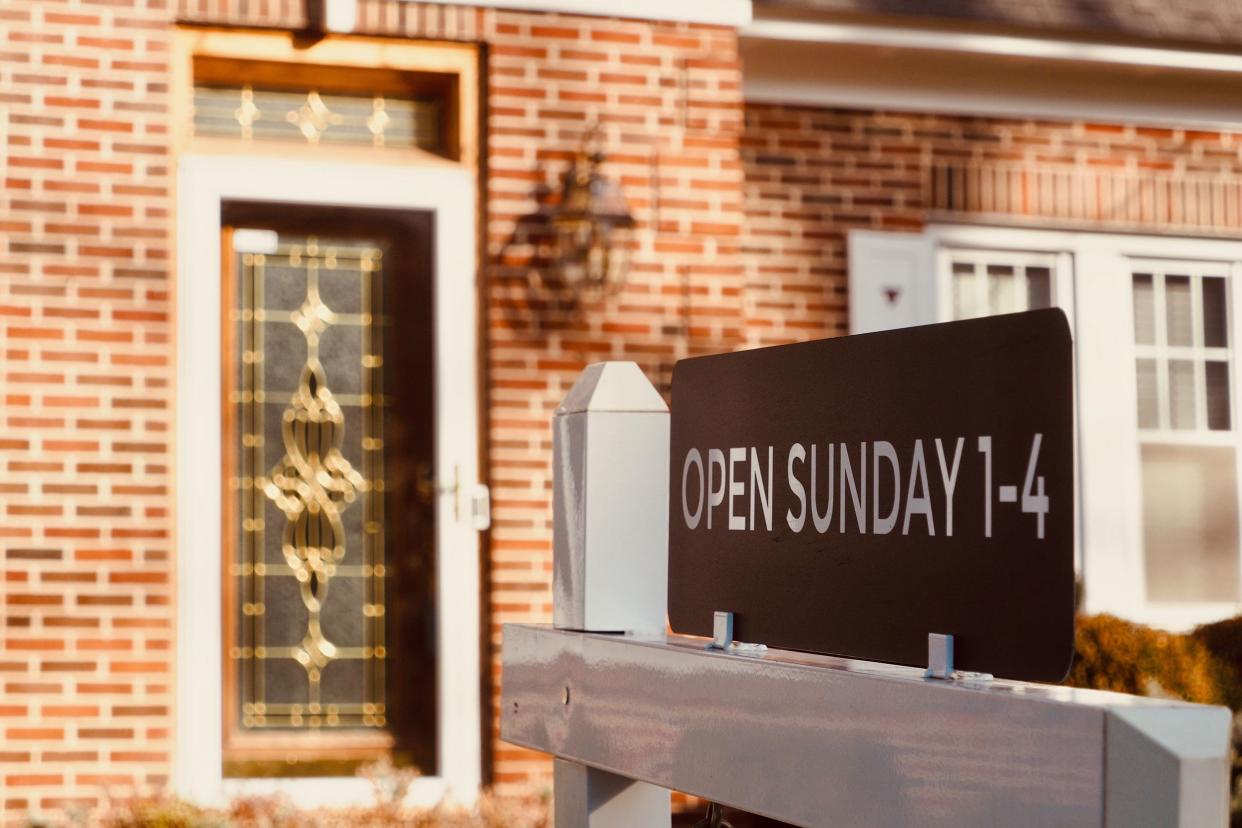
Living in New Jersey ain’t cheap, in part because it has the highest property taxes in the U.S. The effective real estate tax rate of 2.47% means the tax bill on a $327,900 house (the median value) comes to about $8,100, according to an analysis by WalletHub.
Related: Don't Fall for These Common Tax Myths
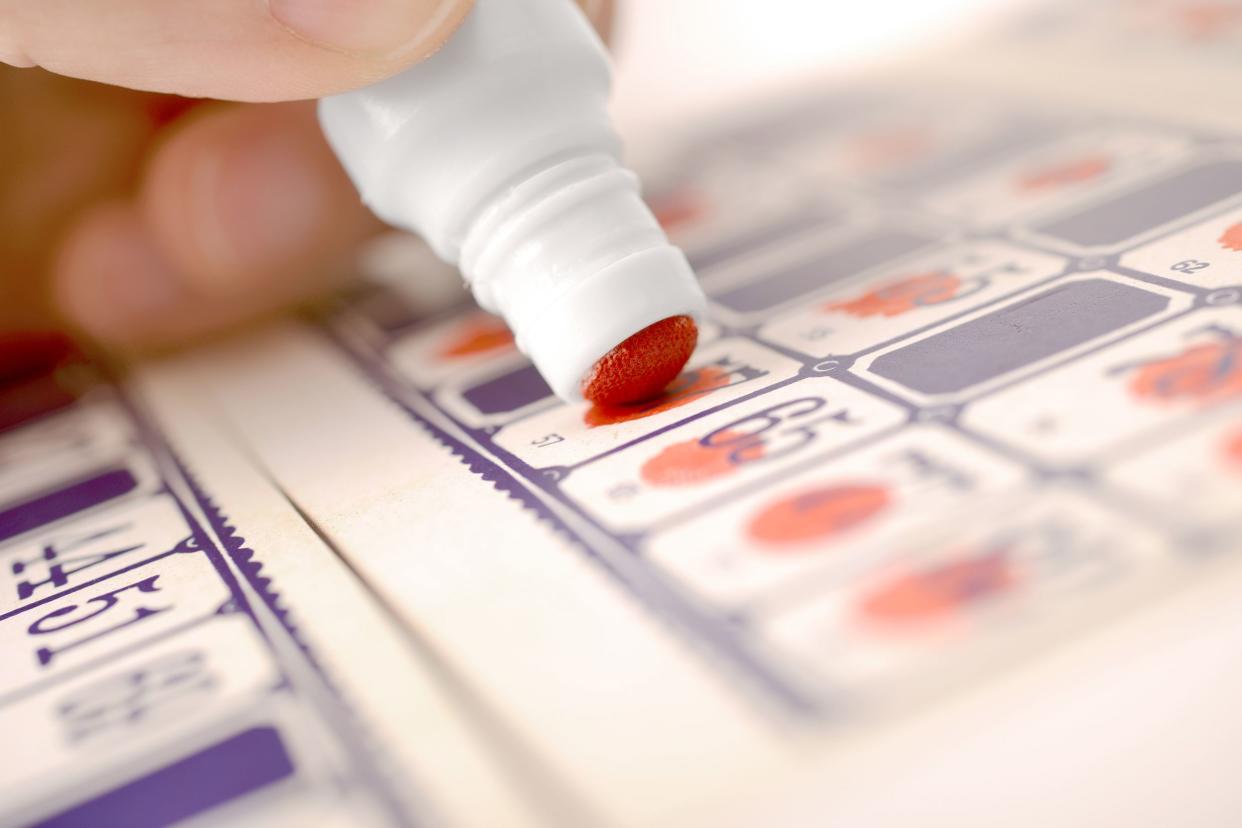
We’re not talking about taxes on grandma’s jackpot last week in Santa Fe. New Mexico’s “bingo and raffle tax” imposes a duty of 0.5% on the gross receipts on any game of chance. Bingo!

Buy a dozen unsliced bagels to go? No tax. Want a bagel toasted with cream cheese — or altered in any way? You’ll have to pay the 8.875% tax that applies to processed foods.
Related: Best Money-Saving Tax Tips for Each State

Moonshining, the practice of distilling and selling unlicensed alcohol for consumption, has a long and proud tradition throughout the South. In North Carolina, the state requires all consumers of illicit hooch to pay an “unauthorized substances tax” within 48 hours of acquiring the booze. The good news (maybe) is that you don’t have to provide any identification when purchasing the tax stamps.
Related: From Bootleggers to Checkered Flags: The History of NASCAR

North Dakota doesn’t levy property taxes on power plant infrastructure (although the land a facility occupies is subject to taxation). Instead, the state squeezes a little extra revenue from coal-burning plants in the form of a coal conversion facilities privilege tax. In addition, any coal mined in the state but shipped out of North Dakota is subject to a 37.5-cent per ton surcharge.

Human hair is used for wigs, and as such it is subject to the state sales tax. However, the very same section of the Ohio Revised Code also notes that human organs for transplant are not subject to such taxes.
Related: Tax Credits and Deductions That Could Save You Thousands
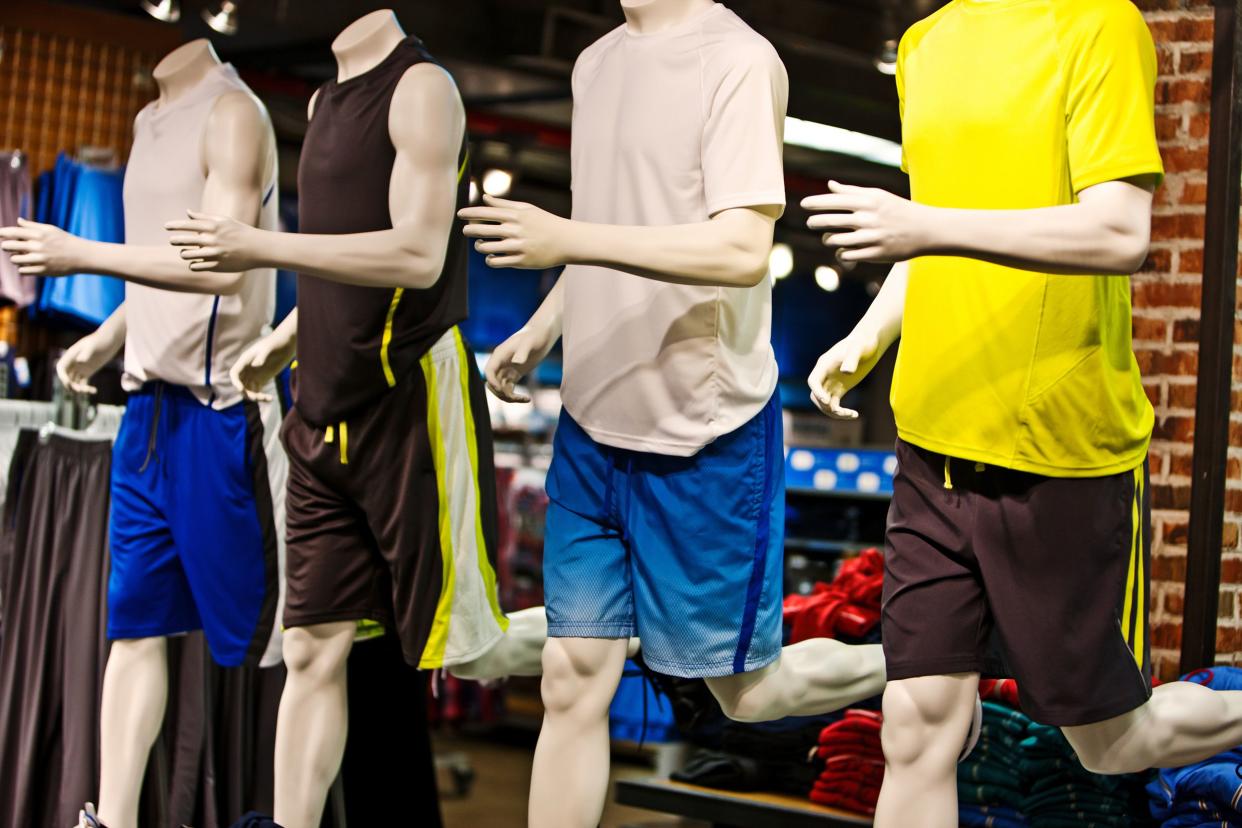
Athletic clothing and footwear, which the Oklahoma Tax Commission defines as “not normally worn except when used for athletic activity or protective use for which it is designed” is subject to the state sales tax of 4.5%. Purchases of such gear are also exempt from the state’s annual sales tax holiday.

Gay couples in Oregon who are in a committed relationship but don’t want to be legally wed can still enjoy the same status as married couples when it comes to state income taxes. The state’s five tax brackets range from 5% to 10%.
Related: Too Busy to File a Tax Return? Tips for Procrastinators
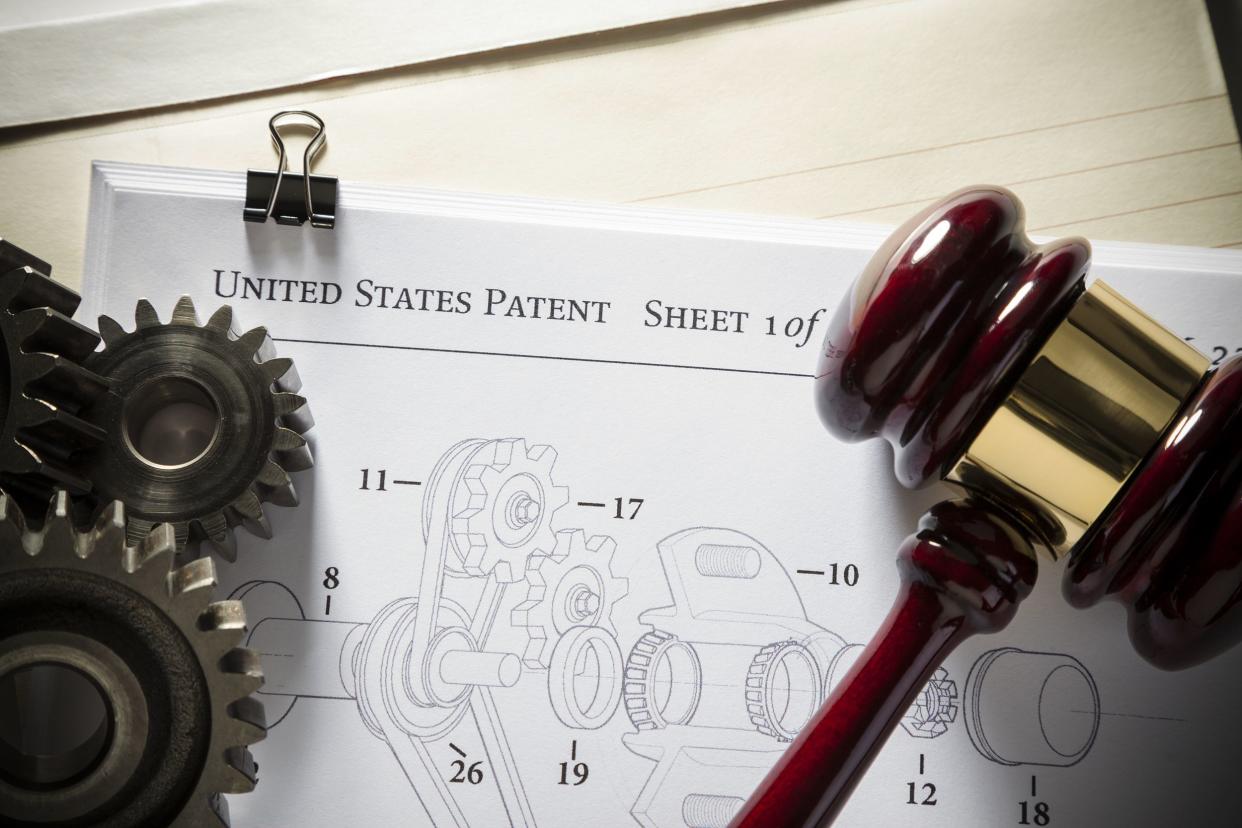
If you’re an innovative Pennsylvanian who holds the patent or copyright on a creation, congratulations! The state will be taxing any income derived from your inventions at the same rate it taxes other income: 3.07%.

In addition to a sales tax, Rhode Island also imposes a “use tax” on “goods from outside Rhode Island for storage, use or consumption in Rhode Island.” Kinda vague, right? Well, the state helpfully clarifies matters by defining these goods as including “appliances, computers, books, cameras, [and] jewelry.” It’s buyer’s honor to pay the tax (due annually along with state income taxes).
Related: Tax Breaks That Parents and Grandparents Shouldn't Overlook
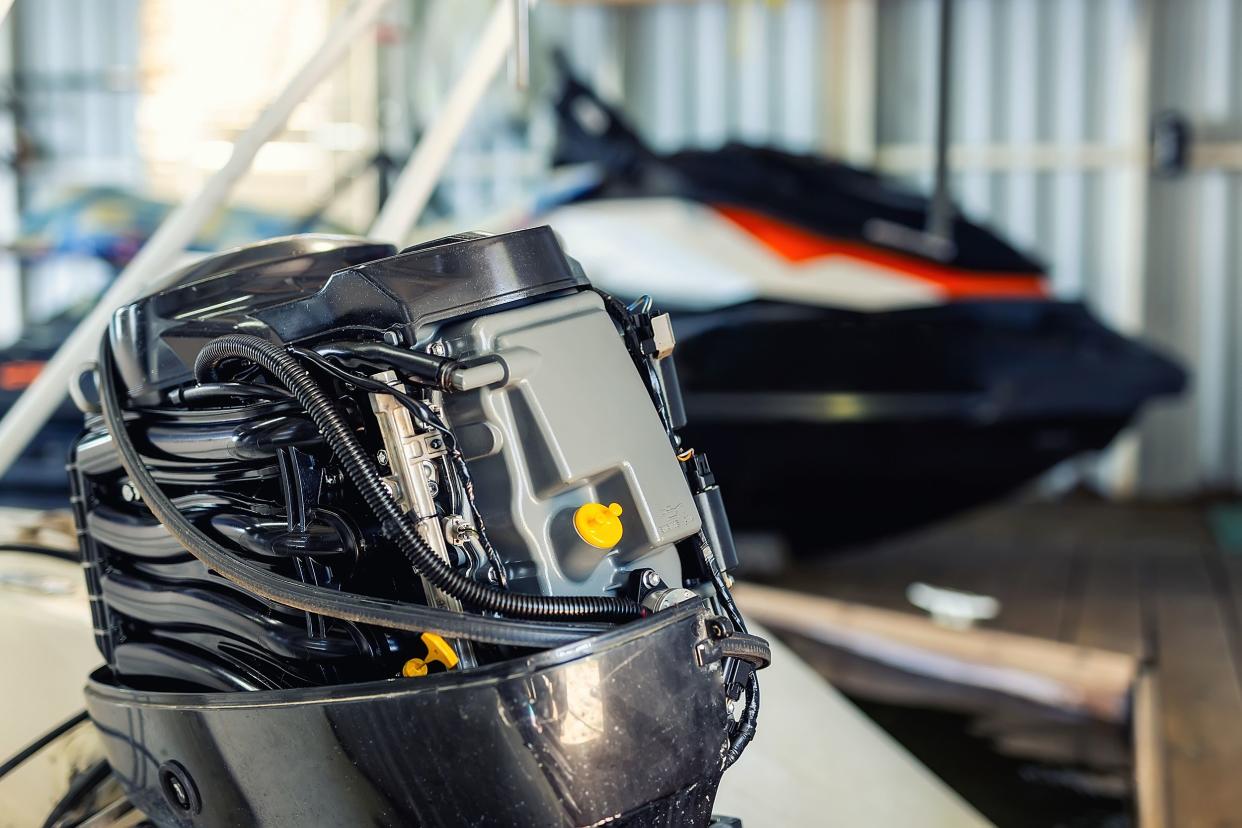
The Palmetto State imposes what’s known as a “casual” excise tax of 6% on boat motors, regardless of whether they’re attached to a boat or not. Boats themselves (and airplanes, for that matter) are also subject to a similar 5% tax, which must be paid when the title is issued.

Running for public office can cost an awful lot of money, but don’t expect to get a break on state sales tax just because you’re a politician (or wannabe) seeking election. You’ll have to pay 4.5% sales tax on things like custom-printed T-shirts, the services of a professional photographer, and goods exchanged for donations considered fair market value (like giving out that T-shirt in exchange for a $10 donation).
Related: Steps to Get Organized Before Tax Season
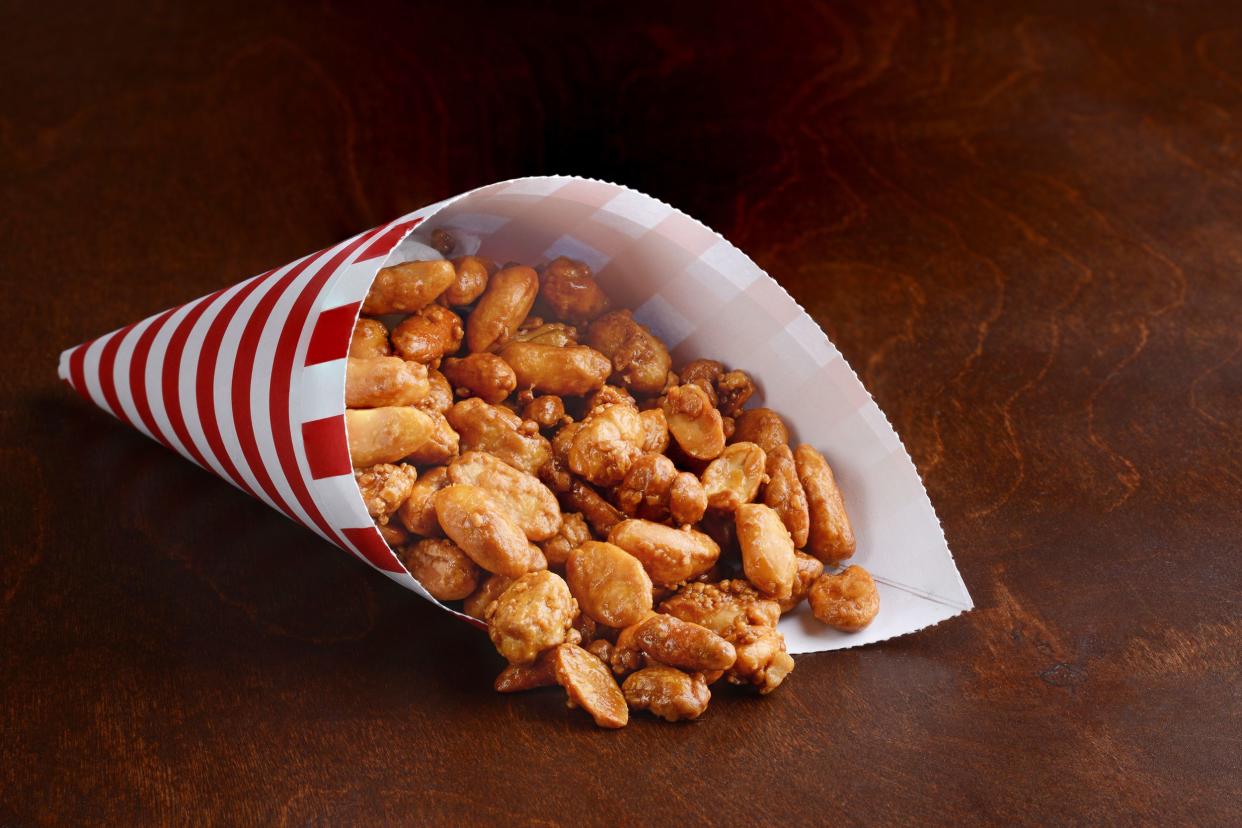
Granted, we always thought of roasted peanuts and the like as a New York City kind of thing, but in Tennessee, any retail establishment that sells warmed nuts must charge customers sales tax, just as they would on any other prepared food they serve.
Related: 30 Signs You're a New Yorker

Unlike non-profit animal shelters, animal rescue organizations (even those with tax-exempt status) are subject to the state’s sales tax when it comes to animal adoption fees. The state levies a rate of 6.25%, with cities and counties able to impose up to 2% in additional tax.

Although the rule was appealed all the way to the Utah Supreme Court, there is a 10% duty on fees charged by strip clubs that have nude or even partially nude workers. The tax also applies to food and beverages sold by such establishments.
Related: These Tax Moves Are Most Likely to Trigger an Audit
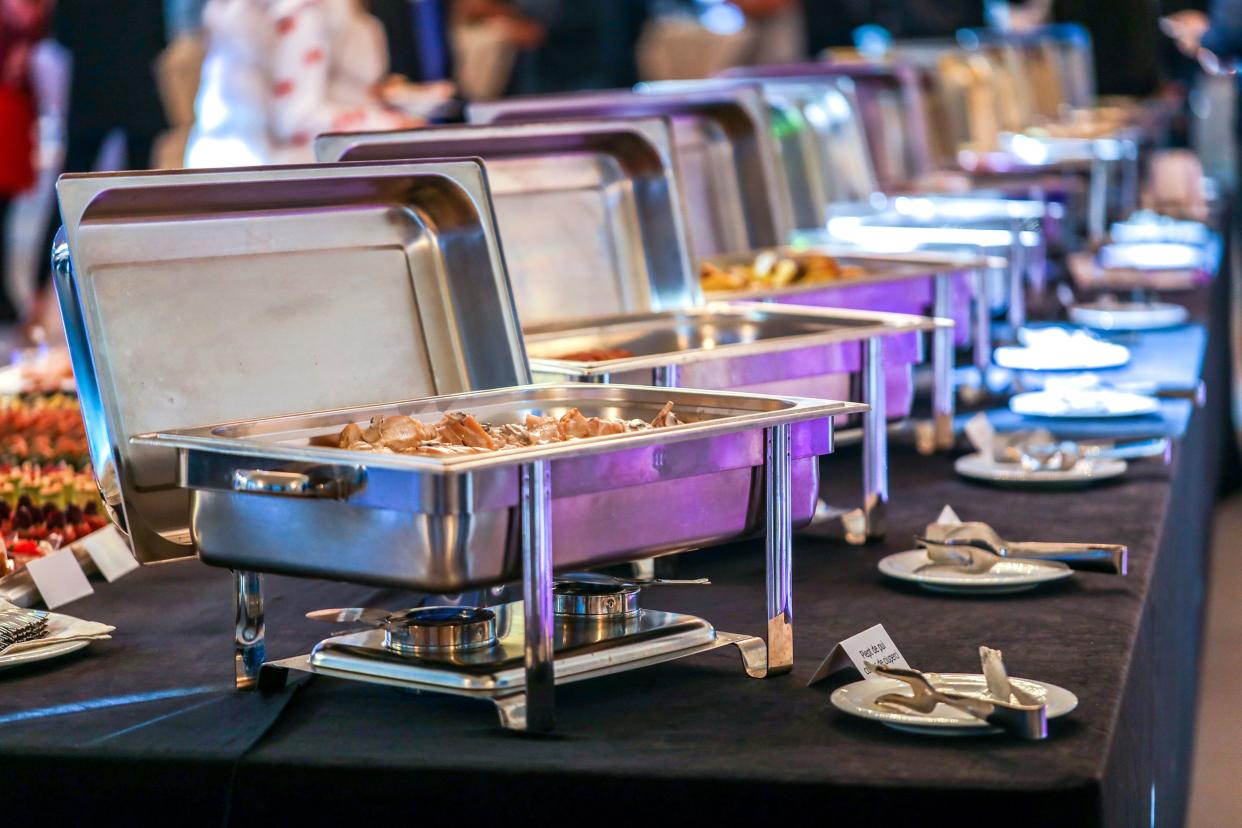
Vermont treats caterers as restaurants for tax purposes, meaning they’re subject to the same meal and room tax rate of 9%. And caterers must collect that tax not just on the food they serve, but beverages, too, as well as tableware, decorative items, and even the service of servers.
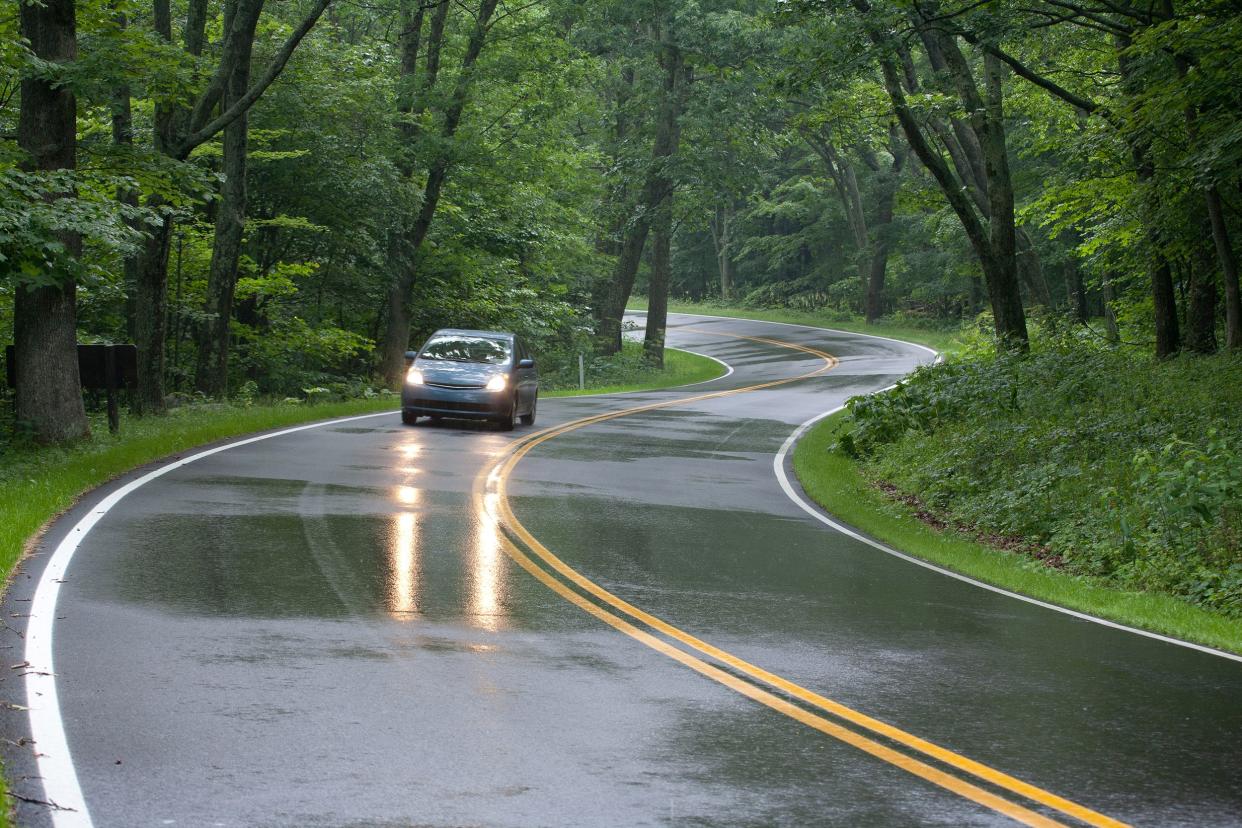
Not every state imposes a property tax on vehicles, but Virginia does. Boy, does it ever. The state has the highest effective tax rate in the U.S., according to WalletHub. Virginia’s 4.05% rate means a car valued at $25,000 (about what a Toyota Corolla sells for) comes with a $1,011 tax bill.
Related: Can I Still Claim This? Popular Tax Deductions

Lacking a state income tax, Washington must get creative when it comes to raising revenue. Among the levies that state imposes is a $1-per-gallon charge on the sale (retail or wholesale) of syrup used in carbonated beverages.
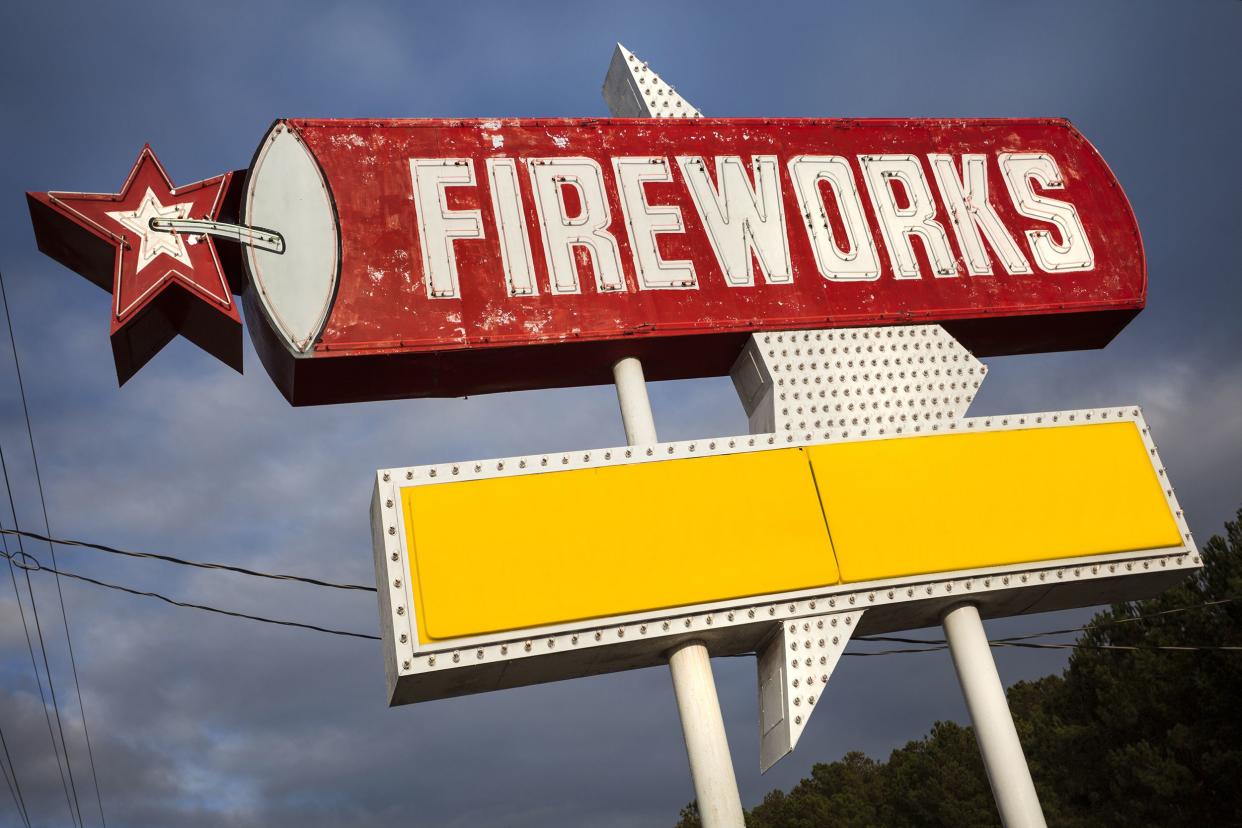
In 2016, West Virginia legalized fireworks such as Roman candles and bottle rockets. A 12% "safety fee" (in addition to sales tax) was also imposed, with revenue directed to veterans’ programs and volunteer fire departments.
Related: How Long You Should Keep Your Tax Returns and Why

The Federal Internet Tax Freedom Act made taxing internet access illegal as of 2016 — except for the Badger State. Wisconsin secured a grandfather exemption and was able to continue taxing it through 2020. The amount varied depending on the type of service (dial-up, DSL, cable, etc.) Now, it is no longer taxable.

Much like Rhode Island, Wyoming has a use tax on goods purchased out of state for use or consumption within the state, including groceries, clothing, and furniture. And just as in Rhode Island, it’s up to a state resident’s own sense of honor and duty to actually pay the levy, which is due annually.
